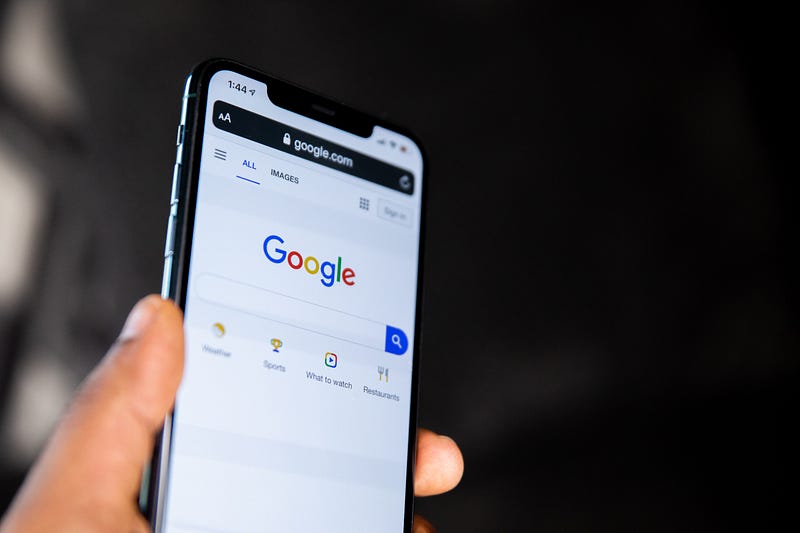Deepmind’s Sparrow Vs ChatGPT
Could Deepmind’s Sparrow be Google’s answer to ChatGPT?
DeepMind’s Sparrow: A Potential ChatGPT Rival from Google

Introduction
Google may have found the perfect competitor to ChatGPT with Deepmind’s Sparrow. First introduced in September 2022, Sparrow is a chatbot powered by Deepmind’s Chinchilla language model. Now, Deepmind founder and CEO Demis Hassabis is raising the possibility that Sparrow could go into private beta later this year.
Could Deepmind’s Sparrow be Google’s answer to ChatGPT? Let’s explore this exciting development and see what the future may hold for the popular AI chatbot.
What is Deepmind’s Sparrow?

Deepmind’s Sparrow is a chatbot developed by Deepmind, the AI research institute owned by Google. It was introduced in September 2022 and is set to go into a “private beta” later this year.
Sparrow gets human feedback to make it more helpful, accurate, and harmless. It utilizes Deepmind’s Chinchilla language model, which has fewer parameters than OpenAI’s largest models but has been trained on a large amount of data. Sparrow is designed to be integrated with the internet, allowing it to access up-to-date information to provide more accurate responses.
Google could use Deepmind’s Sparrow as an answer to ChatGPT, the chatbot developed by OpenAI. So far, Google has not created any product from its own AI research, partly due to security concerns.
However, the spread of ChatGPT and Microsoft’s involvement with OpenAI puts pressure on Google to prove that it can at least match or surpass OpenAI’s chatbot capabilities.
Sparrow could provide Google with a way to launch a commercially oriented chatbot through Deepmind, giving them a competitor product to Google Search and OpenAI. By launching Sparrow, Google would be able to reassure their shareholders while also responding quickly if chatbots become a viable search alternative.
How could Sparrow compete with ChatGPT?

Google could respond to ChatGPT with Deepmind’s Sparrow chatbot. Sparrow is a Deepmind language model based on their Chinchilla model, with few parameters. The language model outperformed GPT-3 in common language benchmarks, and Sparrow is also equipped with access to the internet through Google, allowing it to integrate up-to-date information into its responses. Though ChatGPT is based on the more advanced GPT version 3.5., despite this, Sparrow could perform similarly to ChatGPT or better. Moreover, Google has other powerful language models such as PaLM at its disposal, so the potential for success is high. With a commercially oriented chatbot released via its sister company Deepmind and its own competitor product to Google Search and OpenAI, Google can keep up with the competition and possibly even surpass them. If the proposed Sparrow beta does come out in 2023, then Google may be in a very good position.
What are the potential benefits of using Sparrow?

The potential benefits of using Deepmind’s Sparrow chatbot are significant. With Sparrow, Google could respond to ChatGPT and its competitors from LaMDA and Flamingo language models have been known even before the success of OpenAI’s other product. With the likes of Meena, Google could produce a chatbot by 2020 which can hold interesting conversations with people.
The language model, which was introduced in April 2022 outperformed GPT-3 in common language benchmarks, and is based on Deepmind’s Chinchilla model, which has fewer parameters than OpenAI’s largest models. However, ChatGPT is based on the more advanced GPT version 3.5. It is plausible to assume that Sparrow would perform similarly or better than ChatGPT — and that Google would also have a more powerful language model, such as PaLM.
With the added benefit of being able to access the internet through Google, Sparrow will be able to integrate up-to-date information into its responses. This means that its accuracy and helpfulness will be greatly improved compared to other chatbots available on the market today. In addition, Deepmind’s chatbot will also output additional sources that are similar to the answers given by the AI. This gives users more options to explore related topics that are of interest to them.
By launching Sparrow as a commercially oriented chatbot via Deepmind, Google would not only be able to keep up with OpenAI but possibly surpass it. It would enable the company to pacify shareholders, react quickly to any potential use of chatbots in finding new hires, and try to exploit this emerging technology. All in all, Sparrow seems to offer Google an excellent opportunity to stay ahead in the game.
